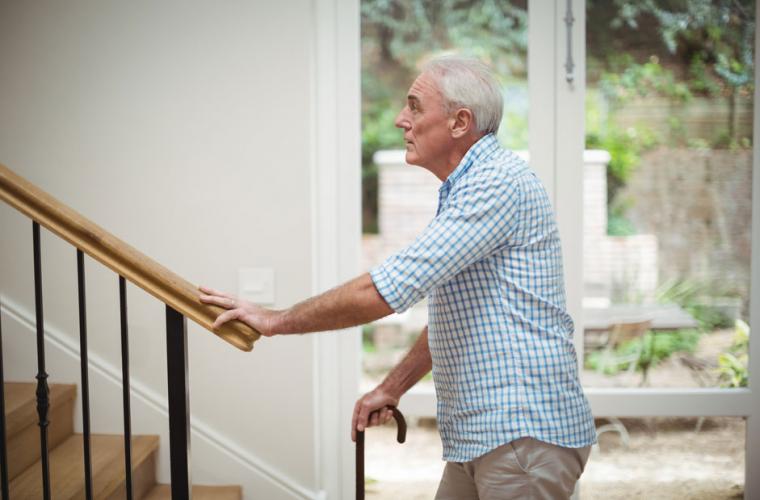"Councils broadly support the Bill’s focus on improving the health and wellbeing of the population and the duty of bodies to have regard to this in making decisions. We are strongly in favour of the duty to engage with patients, carers and representatives and hope and expect that there will be further guidance to help bring this to fruition."
Responding to the publication of the Health and Care Bill, Cllr David Fothergill, Chairman of the Local Government Association’s Community Wellbeing Board, said:
“Councils broadly support the Bill’s focus on improving the health and wellbeing of the population and the duty of bodies to have regard to this in making decisions. We are strongly in favour of the duty to engage with patients, carers and representatives and hope and expect that there will be further guidance to help bring this to fruition.
“The Bill seeks to remove barriers to integrating services to improve health outcomes and reduce health inequalities. The requirement for NHS integrated commissioning boards and local authorities to establish a health and care partnership with responsibility for producing an integrated care strategy is helpful. It is good to see recognition of the importance of Health and Wellbeing Boards and the health and wellbeing strategies and joint strategic needs assessment they produce, to improve the health and wellbeing of their populations.
“We support the Government’s intention that the legislation will give local systems the flexibility to make their own arrangements for joining up services and setting their own strategies for improving population health. The Government needs to co-produce regulations and guidance in partnership with local government and the NHS, to ensure that the intentions set out in the white paper are realised - for most services to be commissioned and delivered locally and to build on existing successful arrangements.
“The repeal of legislation related to delayed discharges is good news and paves the way for the continuation of discharge arrangements which have worked well during the pandemic.
“The provisions for assuring local authorities’ adult social care functions set out a new role for the CQC and the Secretary of State in the review and performance assessment of councils. We are working closely with the CQC, the department and other partners to ensure the assurance process is proportionate, includes a clear and continuous role for existing sector-led improvement work, and takes account of the significant financial pressures facing adult social care.
“We have some concerns regarding the power of the Secretary of State to call in NHS reconfiguration proposals and strongly contend that the role of local health overview and scrutiny committees in these matters should not be undermined.
“While many provisions in the Bill relate to the practical steps the NHS must take to reorganise governance, staff and budgets, it is vital that everyone stays focused on the broader and more challenging ambition for clinical, political, professional and community leaders to work together to improve health and wellbeing and reduce health inequalities, which have widened further during the pandemic.”

